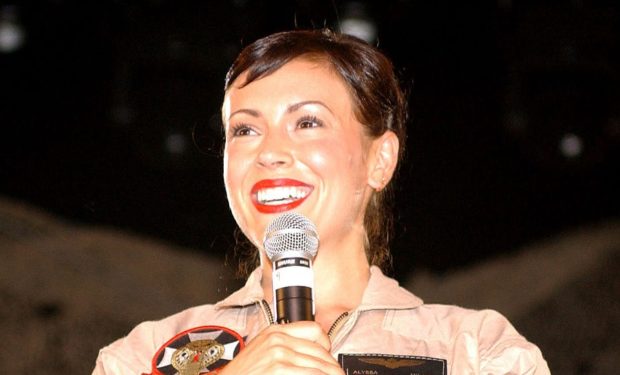Since so many people think the predatory behavior of Harvey Weinstein, Roger Ailes, Bill O’Reilly and (by his own admission) Donald Trump — among many others — is not common, the trending “Me Too” on Twitter seeks to reverse that perception. The idea is simple: if people who have been sexually harassed by someone in a position of power post “Me Too” as part of their Twitter status, it will indicate the size and pervasiveness of the problem. And people will no longer be able to think it’s not common. The move gained momentum when actress Alyssa Milano suggested it to her 3+ million followers. Many people responded and are continuing to respond.
If you’ve been sexually harassed or assaulted write ‘me too’ as a reply to this tweet. pic.twitter.com/k2oeCiUf9n
— Alyssa Milano (@Alyssa_Milano) October 15, 2017
Me Too, of course, only simplifies what unexpected victims like ex-NFL player Terry Crews and Hollywood heartthrob James Van Der Beek said last week. They used longer explanations, but they spoke out about their own experiences being groped by powerful people and remaining silent. The two men broke their silence in order to help explain to the public why so many women don’t come forward with allegations when harassment happens to them. The professional risks can outweigh the dubious rewards of going public — a situation that the “Me Too” tag hopes to remedy. Actress Rose McGowan is one of the loudest voices condemning the status quo, but hardly the only one among women. Debra Messing (Will & Grace) also joined the “Me Too” movement, with thousands of others.
Me too
— Anna Paquin (@AnnaPaquin) October 15, 2017
Me too https://t.co/ScX67Kmmiy
— Debra Messing (@DebraMessing) October 15, 2017
